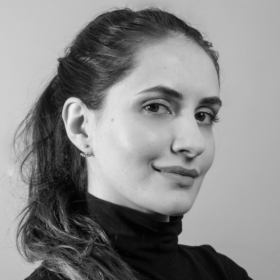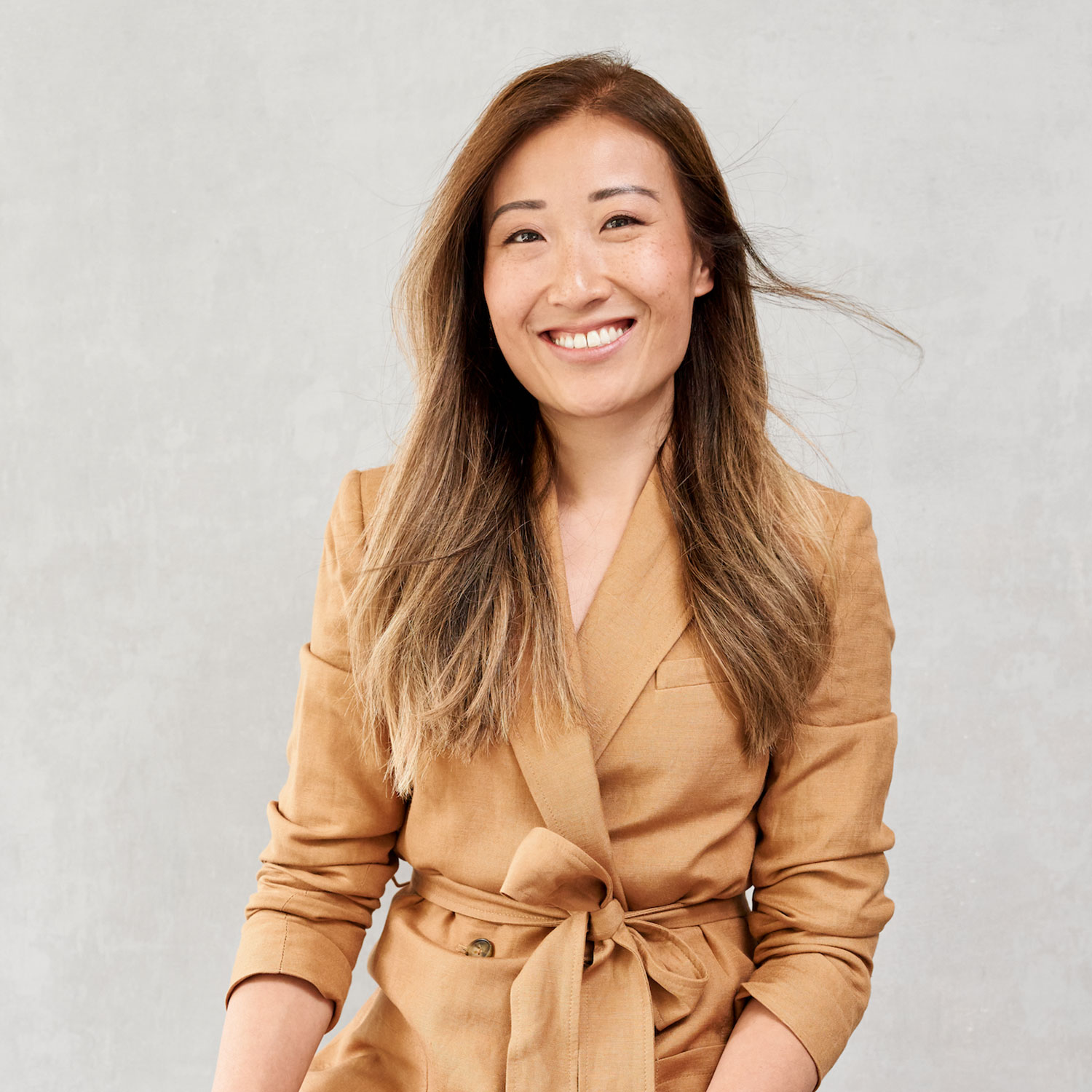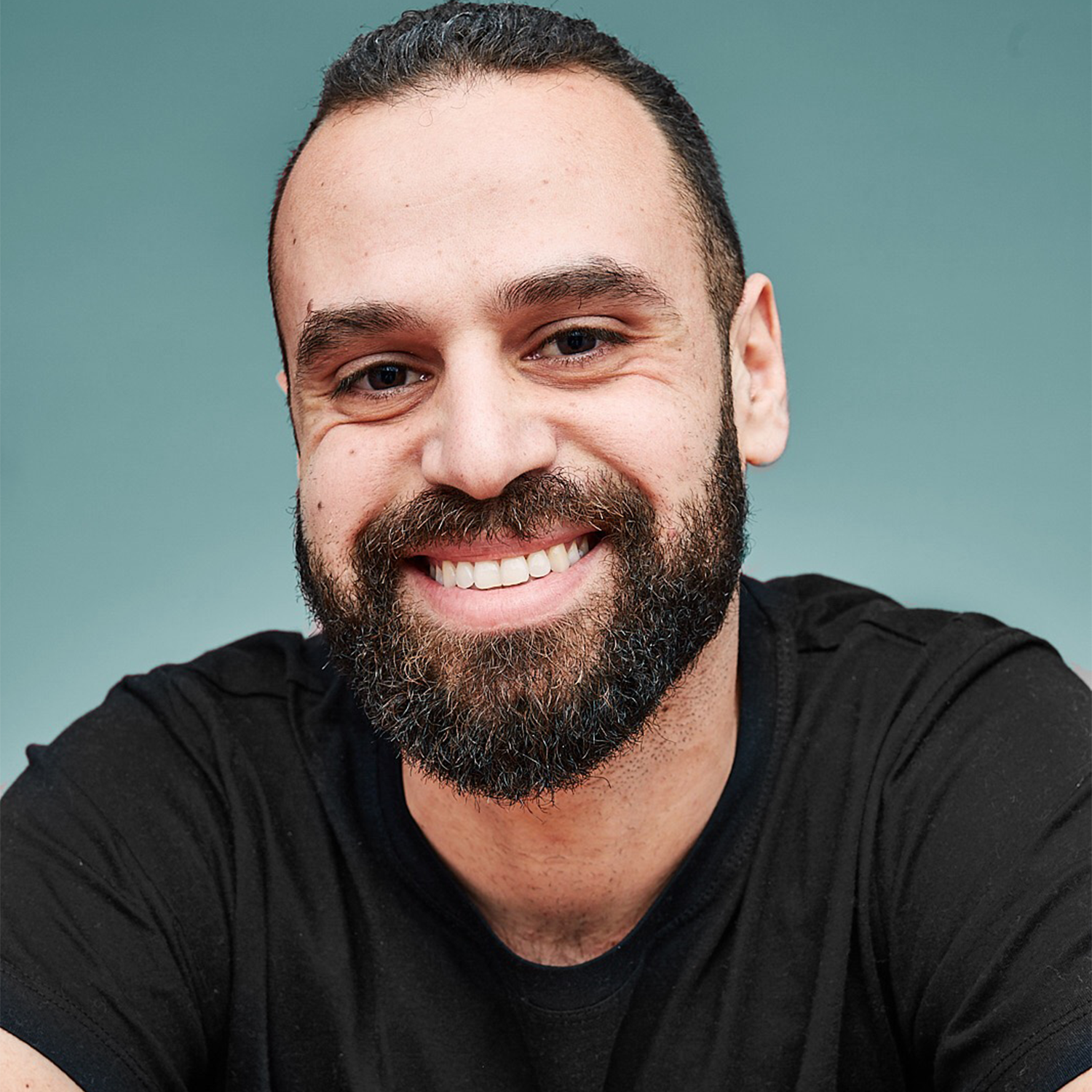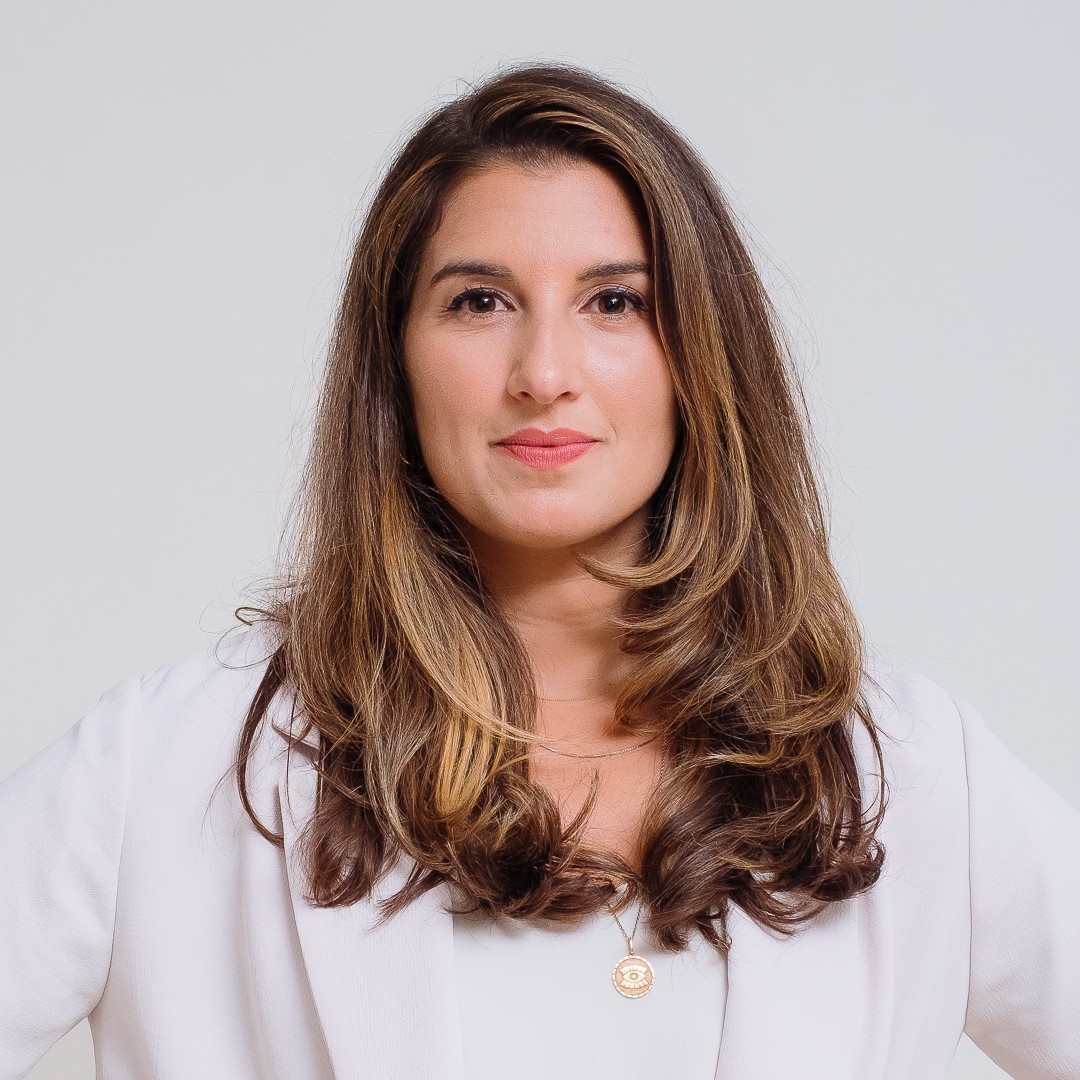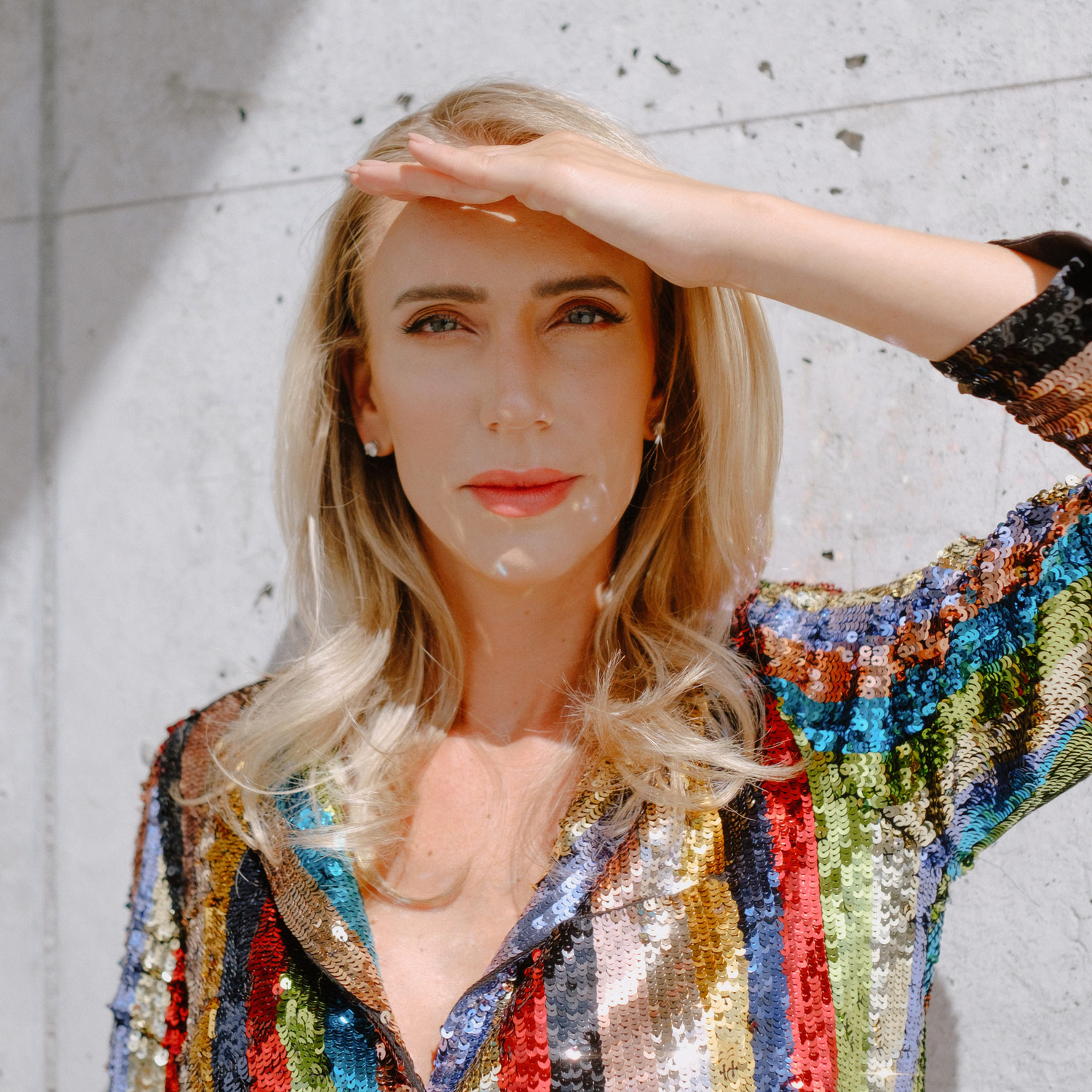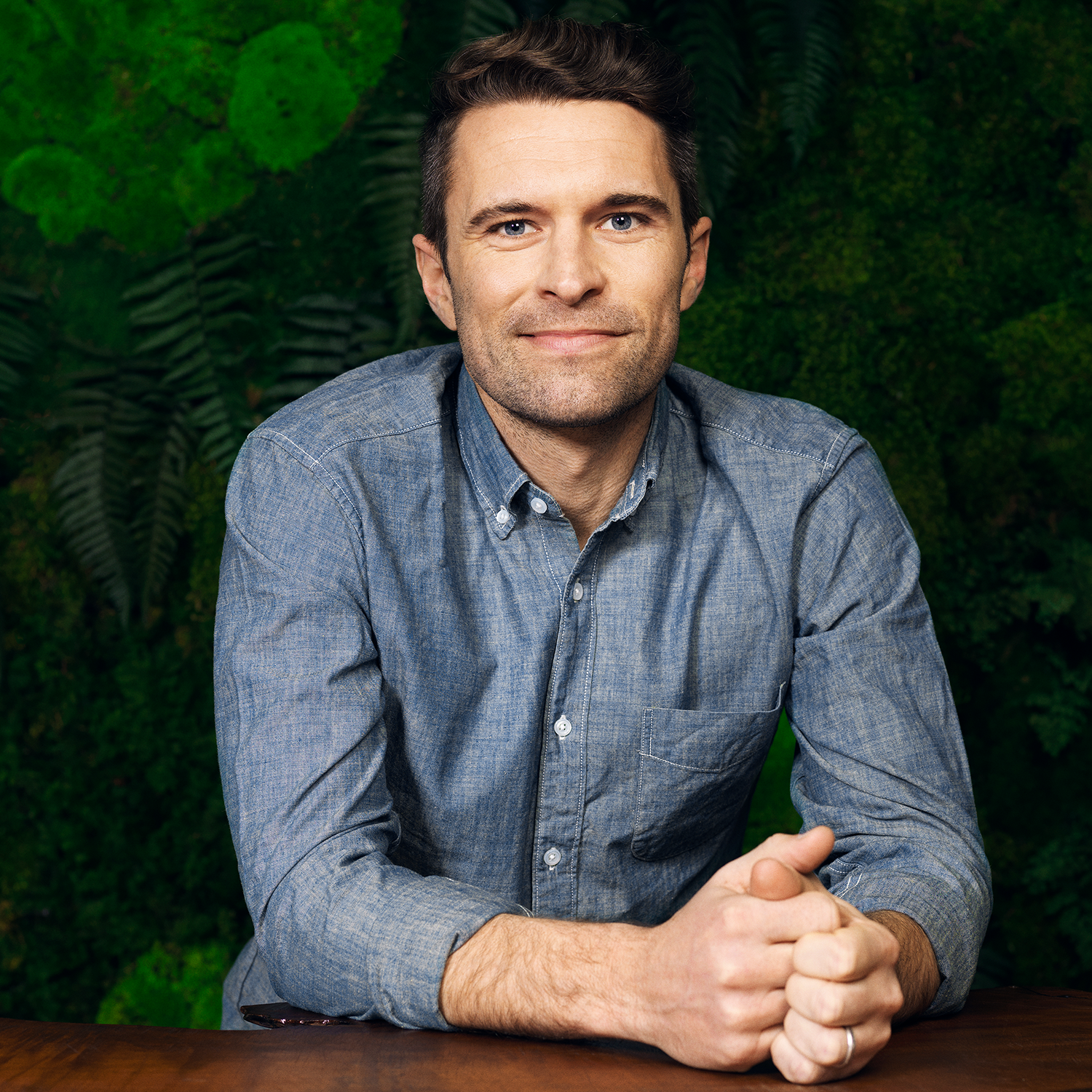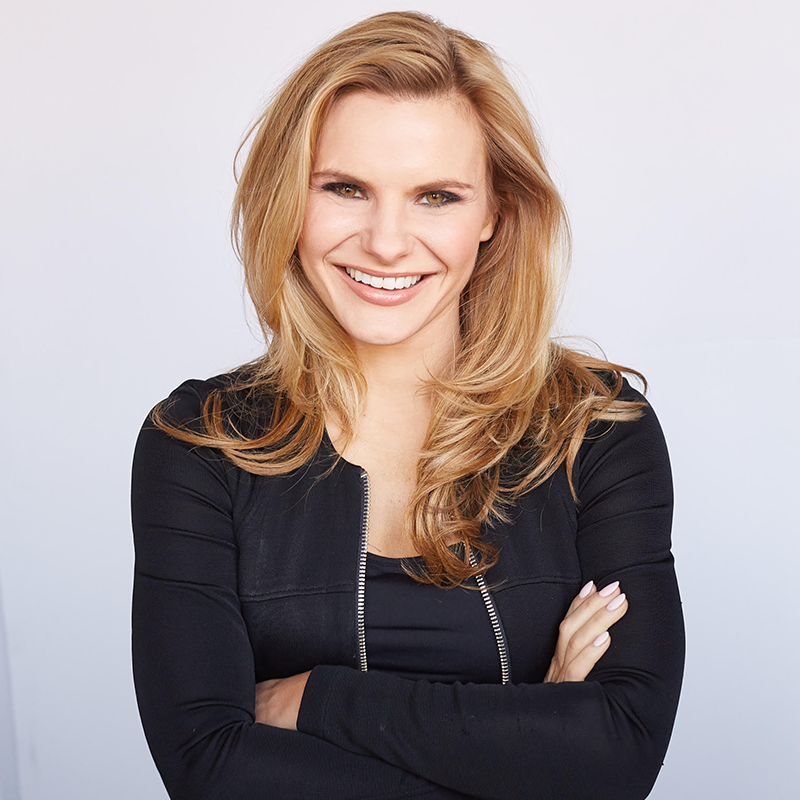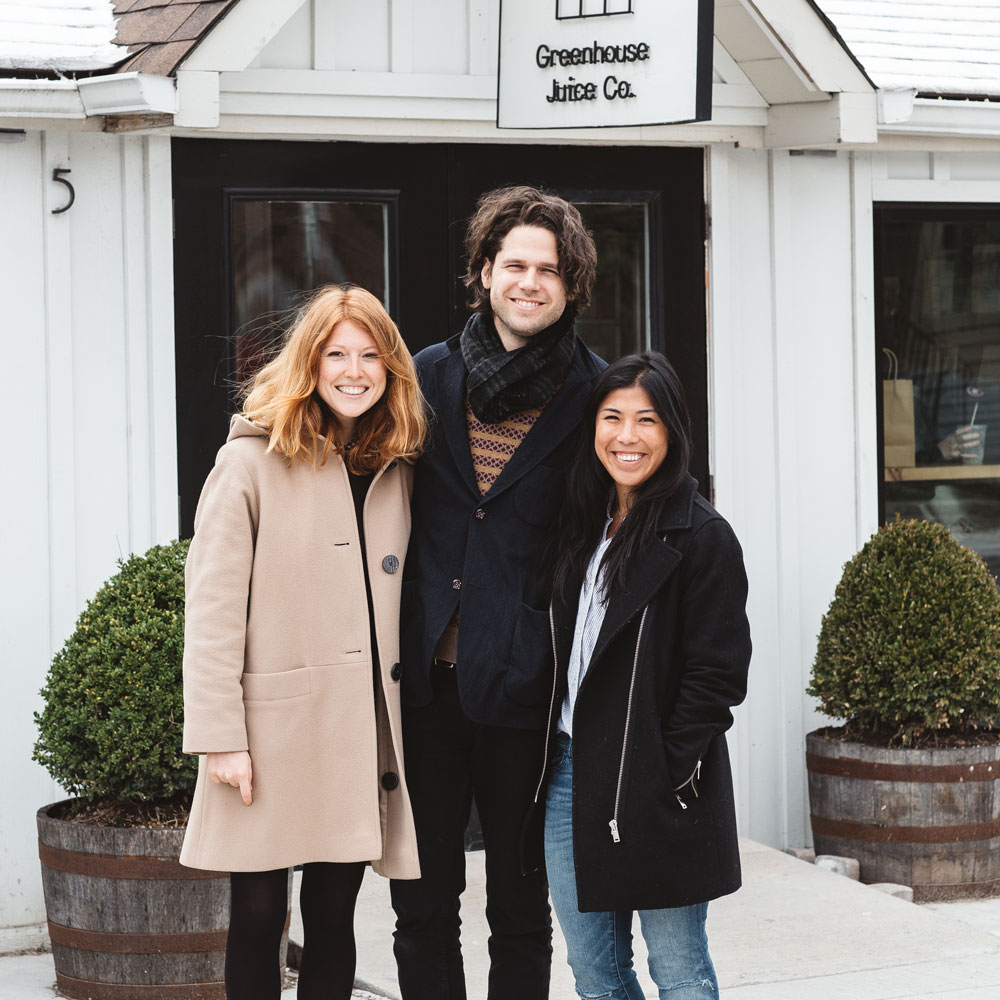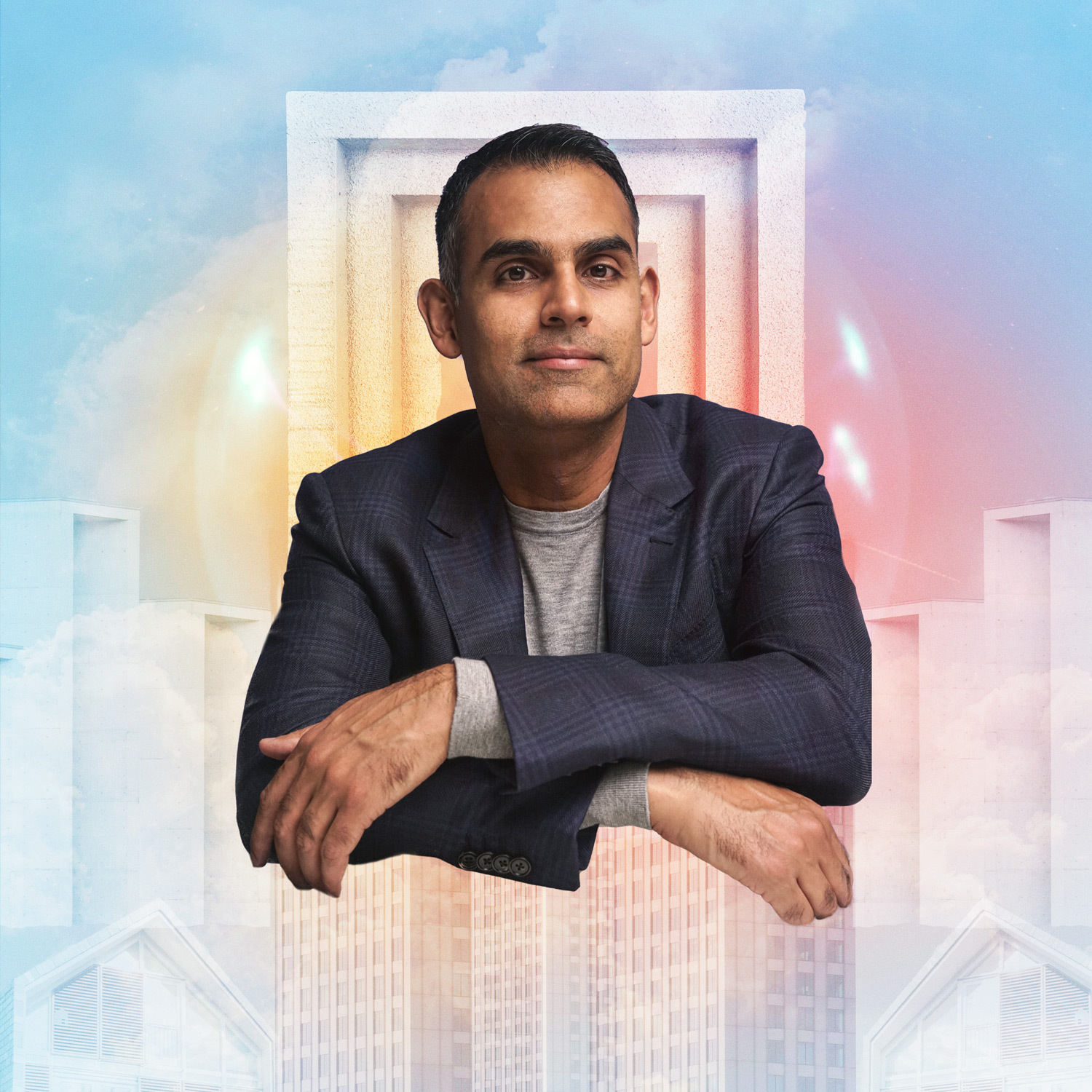‘I Had to Define My Approach Right Away’: How Reformation CEO Hali Borenstein Took Charge
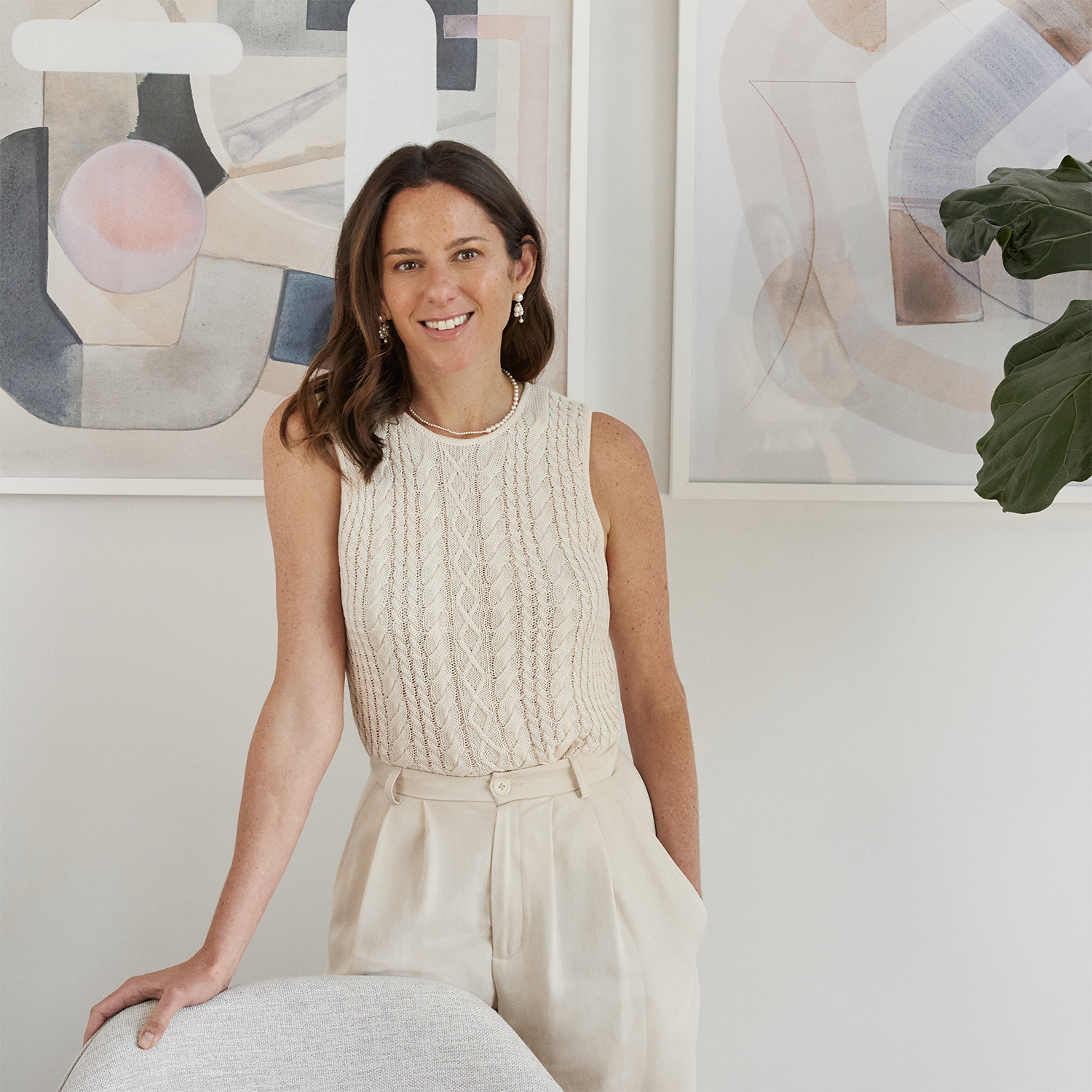
Hali Borenstein started working at Los Angeles-based sustainable-clothing brand Reformation in 2014 as director of merchandising. Since then, she’s climbed the ranks, ultimately taking over the company’s top job in 2020. Now, the Miami native is focused on expanding Reformation’s bricks-and-mortar retail footprint internationally, including a new Canadian flagship in Toronto’s tony Yorkville neighbourhood.
I’ve always been fascinated by how people use apparel to define themselves. I grew up in Miami, and when I was a young teen I used to take the bus to the mall where I would walk up and down the aisles to look at the storefronts. Abercrombie & Fitch and Tommy Hilfiger were really big at that time. I found it so interesting how putting on a shirt from one of these brands was about so much more than just wearing a shirt: It said something about who you are and who you wanted to be. I had friends who saved up their entire allowance to buy a single product from one of these brands.
I got a traditional liberal arts education at Duke, graduated in 2007, and then spent four years at Bain & Company as a consultant. It was a great experience, since I learned many of the hard skills of business, like accounting and navigating profit and loss statements. But I didn’t want to be a consultant long-term. I wanted to be a doer in the world of business—not someone who handed off recommendations to others.
In 2011, I went to Stanford Business School, where I spent a lot of time thinking hard about leadership. There was a class called Interpersonal Dynamics, often known around campus as “Touchy Feely,” where you would sit in a room and experiment with what kind of communication style you needed to develop in order to inspire and persuade people. I knew then that I wanted to be a people-focused leader—someone who sees team members as individuals rather than a collective, and tailors their management style to suit particular individuals.
Coming out of business school, I struggled a bit to find my place. I knew I wanted to work in retail, but when apparel companies saw my background, they were like, “Great, we’ll put you in our strategy group”—exactly what I didn’t want to do. But I had connections at the kids’ clothing store Gymboree, and they took a chance on me as a senior merchandiser. I was there for only a year—not just because the business was in decline, but because the intense focus on cost cutting wasn’t in line with my values. I had this moment where I thought, “Should a T-shirt cost only $2 to manufacture? How do we value the labour behind this product?”
Yael Aflalo, the founder of Reformation found me on LinkedIn. We started talking, and in 2014, I decided to take the leap and become their director of merchandising. I loved their focus on sustainability. From there, I transitioned to VP of merchandising, and then to president—and in 2020, I became CEO after Yael stepped down [in response to accusations of racism].
It was a difficult time to step into that role, but it forced me to define my own approach as a leader right away. Unlike my roles before, I didn’t have anyone senior to me to run my decisions by. One of the first things I did was conduct a company-wide inquiry about our values. Over a couple of months, we asked everyone from the corporate team to individuals working at our stores: What values at Reformation need to be updated? Diversity and inclusion clearly needed to be at the forefront, alongside our existing focus on sustainability. There’s no separating environmental and climate justice from racial justice. We ran expert-lead inclusivity workshops for all employees, joined the Black in Fashion Council to help promote and advance the careers of Black individuals in the fashion industry, and evolved our marketing and imagery to make sure we better represented everyone in the Reformation community. We’ve been working hard on building our people team, and it’s the most robust it’s ever been—in the last nine months alone, we’ve doubled it in size. We still have a lot of work to do, but I’m very proud of the strides we’ve made in the two years since I’ve become CEO.
International expansion has been a huge focus for me as well. At one point this year, over a quarter of our business came from outside the U.S., which is the result of our deliberate focus on Europe and Canada. We’re not taking our foot off the gas there—and that’s part of the reason why we opened a Toronto flagship in Yorkville in December.
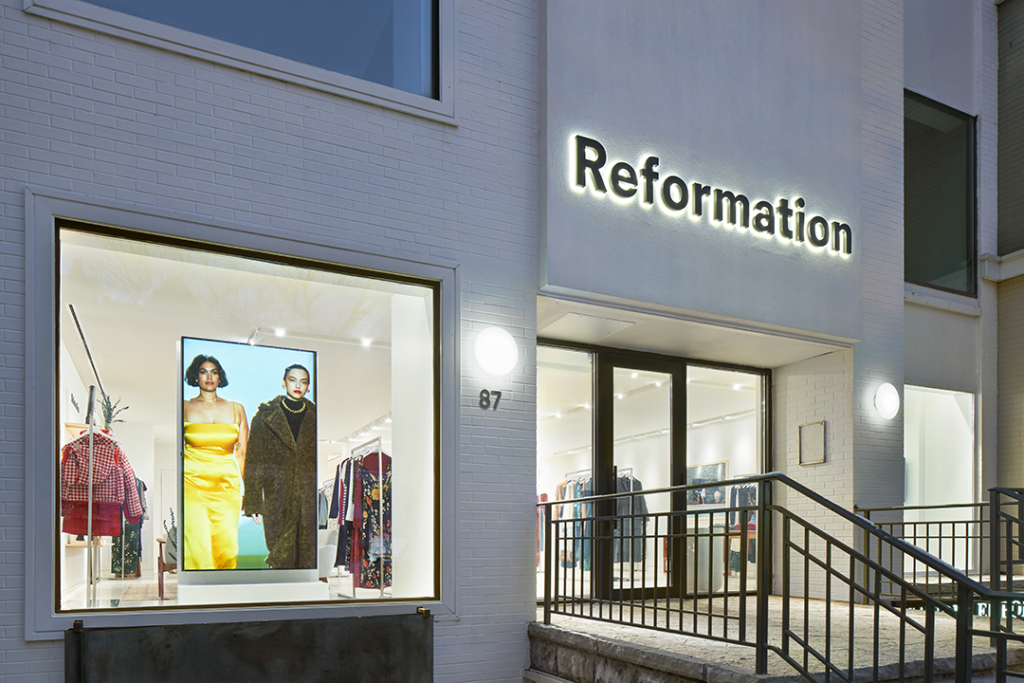
We want to give people a reason to shop in-store, rather than just online, so we’re building out the infrastructure of our stores to support a high-tech retail experience. For example, customers can choose which pieces they would like to try on using iPads found around the store and in dressing rooms.
I’m incredibly motivated by our mission to bring sustainable fashion to everyone. I became a mom while at Reformation, which made me feel an even greater sense of responsibility for the environment and our impact on it. It’s a false choice to say that you can either do the right thing or make money. Businesses fundamentally need to thrive and produce capital, but that doesn’t have to conflict with our mission. Showing you can do both is what truly inspires me.
